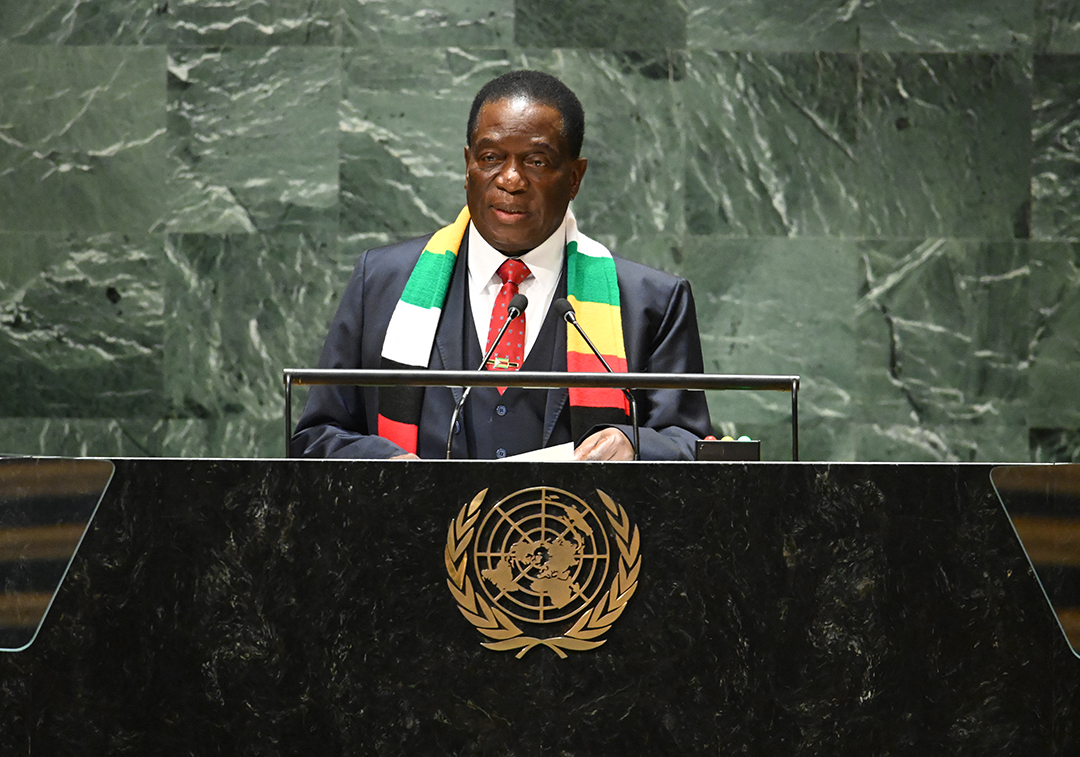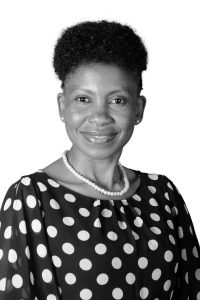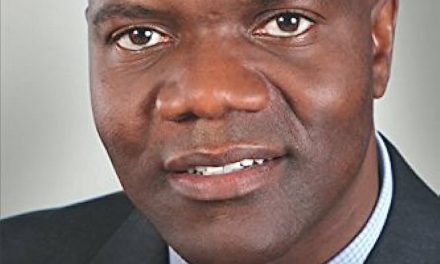Post 23 August – Zimbabwe needs to do more to restore trust and confidence
With the inauguration, cabinet announcement and swearing-in of new Ministers well out of the way, on 18 September, Zimbabwean President Emmerson Mnangagwa left for the 78th session of the United Nations General Assembly (UNGA). This is an important platform for Zimbabwe to add its voice to global engagements. Earlier in September, the UN Secretary-General, Antonio Guterres sent a congratulatory message to President Mnangagwa. However, the disputed 23 August harmonised election continues to linger as a constant reminder that more work lies ahead before Zimbabwe can earn a dignified place and voice in the League of Nations.

Zimbabwe’s President Emmerson Mnangagwa addresses the 78th United Nations General Assembly at UN headquarters in New York City on September 21, 2023. Photo: TIMOTHY A. CLARY / AFP
Cabinet appointments and erosion of citizens’ trust and confidence
Zimbabwe’s citizens are still making an effort to reconcile the challenges that have characterised the recent election process. Yet again, this is the latest in a series of elections that has eroded citizens’ trust and confidence in their country’s governance and their public leaders’ commitment to improve their plight. The cabinet appointment process could have been an opportunity to remedy some of the electorate’s dissatisfaction. The appointment of a new cabinet is always a major highlight of a country’s governance cycle as citizens pin their hopes on the configuration and re-configuration of the country’s best minds to gear it towards a progressive path.
Zimbabwe’s cabinet announcement was preambled by the swearing-in of the country’s two Vice Presidents, which saw, to the disappointment of many citizens, the return of Kembo Mohadi, forced to resign in 2021 amid revelations of sexual scandals. This is a missed opportunity for the transformation of the country’s leadership culture which could have been used to appoint an individual of personal and professional integrity. In 2018, Senator Coltart had, via Twitter (now known as X) commended some of the cabinet appointments:
Brief comment on new #Zim Cabinet – good that is only 20, no Mpofu or Chinamasa, good Finance & Sports Ministers in Ncube & @KirstyCoventry. So overall an improvement on the last one. I am always happy to give credit where it is due.
Five years later, these two Ministers, Ncube and Coventry, among others, have not delivered to the expectations of Zimbabwe’s electorate, being recycled in the 2023 cabinet in spite of a well-documented record of incompetence. The majority of Zimbabwe’s electorate envisioned a cabinet designed to resolve this incompetence witnessed in the past five years. By constituting a deliberately inclusive team of experts even drawn across the political divide, President Mnangagwa could have sent the important message of that shared interest to work together to turn around the economy, transform citizens’ daily living conditions and foster investor confidence.
However, Similar to the disputed 23 August election process that ushered it in, the 26-member cabinet announced on 11 September by recently inaugurated President Emmerson Mnangagwa not only sparked discontent but outrage. Firstly, it sparked outrage for its size hence its impending burden on the taxpayer. Importantly it sparked outrage for its blatant, nepotistic appointments of family, friends and associates.
Emmerson Mnangagwa appointed his son David Mnangagwa Deputy Minister to the critical Ministry of Finance and his nephew, Tongai Mnangagwa Deputy Minister of Tourism. Apart from concerns about nepotism, it is the retaining and re-appointing of the incompetent and compromised individuals which is a missed opportunity for the much-needed ‘new dawn’ in Zimbabwe’s governance. The cabinet appointments do not reflect Zimbabwe’s national interest or a vision to set Zimbabwe on a transformation and growth trajectory. As noted by the United Zimbabwe Alliance (UZA), “this cabinet fails to meet the expectations of many Zimbabweans who are suffering from a collapsing economy and a moribund local currency.” This has been a missed opportunity to inject new hope into an already dire socio-economic and political situation.
Ongoing scrutiny and missed opportunities
The Zimbabwean election continues to be under scrutiny after various international Electoral Observation Missions (EOMs) highlighted the Zimbabwe Electoral Commission’s (ZEC) lack of independence and transparency during the 2023 harmonized elections. In response to these concerns and observance of the European Union’s (EU) responsible financial management, the EU has initiated a procedure to suspend its support to ZEC and the Ministry of Finance and Investment Promotion (MoF and IP). On 19 September 2023, the European Union (EU) formally communicated its intention to suspend USD 5 million support to the ZIM ECO 2 project. This project had been designed to enhance the ZEC’s capacity to conduct the electoral process with the aim of promoting an improvement of the entire electoral cycle, beyond the 23 August election. This multi-donor project, managed by the United Nations Development Programme (UNDP) saw the signing of a Financing Agreement with the Ministry of Finance in November 2022 and was scheduled to run until December 2024. Approximately 1 million Euros have been spent to date. This is yet another missed opportunity to enhance both the ZEC’s and Ministry’s institutional and technical capabilities for running free, fair and credible future elections.
The next 100 days
Much work still needs to be done to restore trust and confidence in the country’s governance to entrench reform, improve the citizens’ standard of living and attract sustainable investment. However, the Mnangagwa administration can urgently exercise the political will to move the country forward by opening up for genuine dialogue with the opposition and discontinuing the ongoing persecution and arbitrary arrests of opposition members. This is an excellent place to start. Further to this, implementing the recommendations highlighted by the various observer missions would also go a long way in repairing the country’s image and fostering trust and confidence.
Sikhululekile Mashingaidze entered the governance field in Zimbabwe while she was a part-time enumerator for the Mass Public Opinion Institute’s diversity of research projects during her undergraduate years. She has worked with the Habakkuk Trust, Centre for Conflict Resolution (CCR-Kenya), Mercy Corps Zimbabwe and Action Aid International Zimbabwe, respectively.







